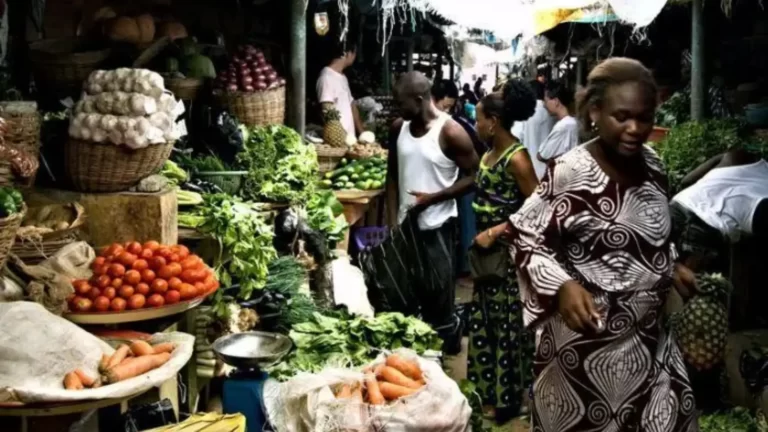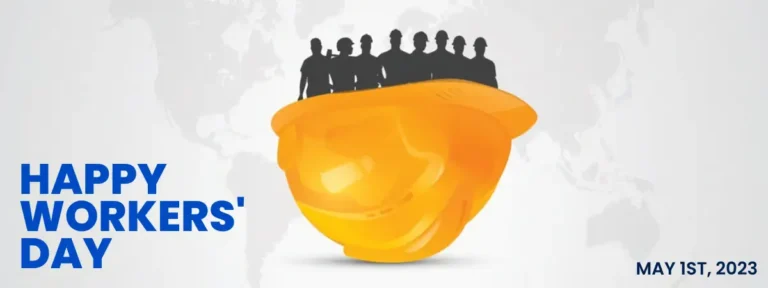Author: Siddharth Kara, Associate Professor of human trafficking and modern slavery at Nottingham University, UK.
This is a book about the Congo, Africa, minerals, policies, leadership (responsibility), and raw capitalism. Siddarth, following three-year research in the Congo, has provided a detailed account of how the search for a better life and environment by the world, led by developed economies and some of the biggest companies in the world, has left the Congo, and particularly the Copper belt regions of Katanga in ruins, poverty and environmental mess.
What one will so much like about the book is that it provides detailed contextual and historical descriptions of how we arrived at this point in the Congo – political exploitation and instability. For many decades, from one political reign to the other, with sizeable influences from the West, political instability has provided the breeding ground for Congolese exploitation. The exploitation of children, working as artisanal miners, is not new. It is a new dimension of the rape on the country.
What is also interesting about the book is the documentation of how global historical business, political and policy dynamics is now shaping the demand for colbalt in the Congo. Cobalt is used in the lithium-ion rechargeable battery in the world – “The demand side is driven by the fact that colbalt is used in almost every lithium-nion rechargeable battery in the world”. This ranges from the mobile phones we use, to tablets, laptops, e – bikes, e- scooters and other forms of consumer electronic devices. But if that was not enough underlying demand, Siddarth explained how the drive for a global cleaner environment and the consequent need for electric vehicles has dramatically driven up the demand for cobalt.
Consider this quote from the book. “For the forseeable future, there will be no avoiding cobalt from the Congo, which means there will be no avoiding the devastation that cobalt mining causes the people and environment of the mining provinces of the DRC. Even after battery designers find a way to eliminate cobalt from rechargeable batteries without sacrificing performance or safety, the misery of the Congolese people will not end. There will surely be another prize slumbering in the dirt that will be made valuable by the global economy. Such has been the curse of the Congo for generations. Unspeakable riches have brought the people of the Congo little other than unspeakable pain”. This is not different from what has happened in the Niger Delta in Nigeria. For about 60 years, unbelievable amount of oil wealth has been extracted from the region to meet the world’s demand for oil and Nigeria’s successive government appetite for it, but the region continues to face environmental degradation and neglect. Finally, the book is a summary of the effects of failures in leadership and policy on the African continent.












